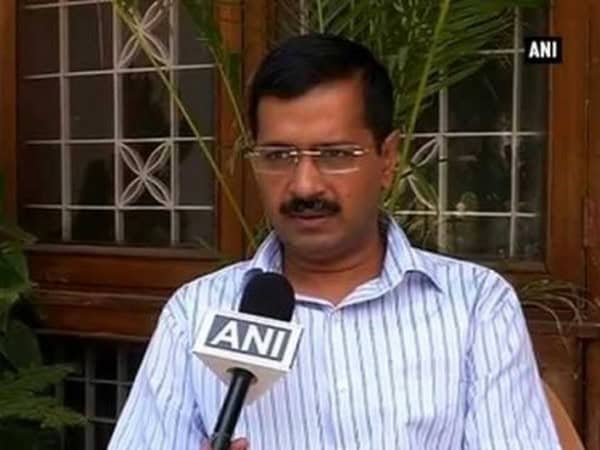New Delhi: Arvind Kejriwal has slammed Lieutenant Governor Anil Baijal, and may be rightly so, for delaying rehabilitation of slum dwellers under his jurisdiction, but a shelter board headed by the Chief Minister has itself held up plans to give houses to 2,500 families across Delhi.
These 2,500 families, living in some 20 slum clusters across the city, have even paid Rs 68,000 each to the Delhi government in 2013 as their share to build houses. They are among the 4,000 families that have paid the money, but only 1,500 have been given houses.
Ironically though, Kejriwal, earlier this month, accused Baijal of delaying the rehabilitation of evicted slum dwellers of Kathputli Colony in central Delhi that comes under the Delhi Development Authority (DDA) headed by by the Lt. Governor (LG).
The DDA looks after the rehabilitation of slum clusters in areas where it owns the land. And in areas where the government owns the land, the rehabilitation is done by the Delhi Urban Shelter Improvement Board (DUSIB) that Kejriwal heads by virtue of being the Chief Minister.
Criticising the LG for the delay, the Chief Minister also asked Baijal to transfer all slum clusters for rehabilitation under the DDA to the Delhi government, promising to “complete it (rehabilitation) within a period of three years”.
Kejriwal has had rocky ties with Baijal and his predecessor, Najeeb Jung, over who the real administrator of the city is, often causing a war of words between them.
In a letter to the LG on January 4, a copy of which is with the IANS, the Chief Minister said despite the work being handed over to Raheja Developers in 2009, not much progress has been made to build houses for the Kathputli Colony slum dwellers.
“I request the LG, also the chairman of the DDA, to transfer all the (development projects for slum dwellers) in DDA land parcels to DUSIB/GNCTD for rehabilitation. (The) Delhi government will rehabilitate all the JJ Bastis within a period of three years,” the letter says.
However, a deeper look into the performance of the shelter board gives the impression that it may be as remiss as the DDA.
In 2013, the Delhi government had collected Rs 68,000 each from around 4,000 families in 32 slums across the city. They were promised flats and the project was handed over to the DUSIB, officials and some of the slum dwellers told IANS.
DUSIB CEO Shurbir Singh told IANS that after the AAP government came to power in 2015, the rehabilitation policy was changed to include more slum dwellers. The policy was approved on December 11, 2017.
“(It) took a lot of time and it was one of the major reasons for the delay,” Shurbir Singh explained.
He said the process was further complicated as the chunks of land on which slum clusters existed belonged to different civic bodies, state and central government-controlled agencies like the Railways and the Defence Ministry.
“The land owning agencies have to come forward and pay their share of money for rehabilitation,” he said, expressing his inability to give a deadline for providing houses to those who have paid for it five years ago and were even allotted flat numbers.
Aktari Begum, 60, from Dhobi Ghat, a slum cluster in west Delhi, is one of those whose allotment letter says that she has been allotted flat number 40C in Baprola.
She said she even went to see the house that “was on the third floor” of a building. But was later told that since the government had changed the policy, she and other slum dwellers will have to go through the process once again before they are allotted a new flat.
Begum recalled how she and other dwellers tried to meet Kejriwal but the meeting didn’t happen.
IANS

